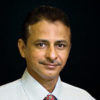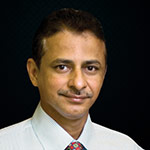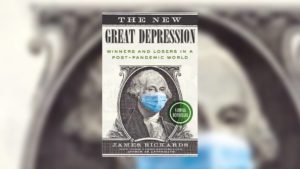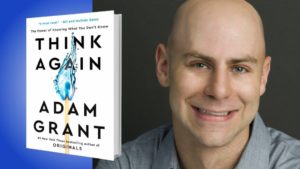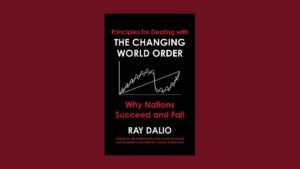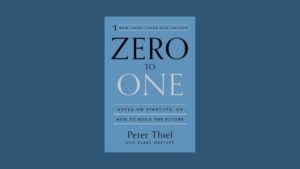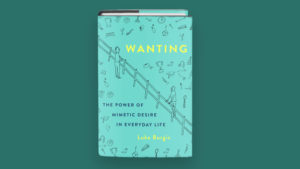“Reader lives a thousand lives. The man who never reads lives only one.” – George RR Martin
The rich and successful people in business and life read a lot. Money moguls such as Bill Gates, Warren Buffett, Elon Musk, Charlie Munger, Oprah Winfrey have one free-pastime in common: Reading. They read and study books to self-educate regularly. In this country of sadhus and spiritually oriented, score of successful businessmen also read the Bhagavad Gita, which they like to always keep handy should they need a dose of inspirational education either at office or home. Books and Bhagavad Gita, the ultimate self-help guide for humans for over 5,000 years is what you will probably find rich people have next to their beds.
They devote a significant amount of time every day to reading books for self-improvement. Through reading, one learns what he does not know, what has passed and yet is forever present through print in books. Wryly, most of the 99 percenters spend huge amount on fashion, eating out, travel and various things, but do not have a bookshelf in their house.
Psychologically, there is a qualitatively vast difference between the consciousness level of the rich and poor. Rich read and watch (on television) successful people and try to emulate them to become themselves successful while the poor read and watch to emotionally identify themselves with virtual models and like to live their life only in dreams. Poor read and watch for entertainment which helps identify themselves with screen characters to strengthen their self-image and thus satisfy “unfulfilled desires” through fantasizing.
“Action is what differentiates beings in terms of baseness and excellence,” Buddha said. Your daily habits dictate your financial and emotional success in life. The rich read books for self-improvement, biographies, books about successful people and the things like that. Rich and poor alike crack their spines, but the key difference is that less financially successful people read for entertainment and pleasure, while the rich read constantly for self-improvement: To learn from other successful people to improve their own skills in various spheres of business and life and motivate their colleagues at the workplace.
The poor, in stark contrast, are not poor only in material terms but also do not read in the first place. If at all they do, they read for entertainment. A big majority, 79 per cent of the poor read for entertaining while only 11 per cent of the rich people read for entertainment.
When it comes to television viewing habits, the rich watch it for a lesser amount of time than the poor who watch mostly entertainment for more than 2-3 hours a day. Two-thirds, 67 percent of the rich watch television for one hour or less per day when they watch more of news and current affairs shows rather than entertainment. Just 23 per cent of the poor people keep their television viewing time under 60 minutes.
Thomas Corley, the author of “Rich Habits: The Daily Success Habits of Wealthy Individuals” also found that only 6 percent of the wealthy watch reality shows, while a vast majority, 78 per cent, of the poor do watch reality shows on television. Another finding is that almost all the rich, 94 percent, like to read news publications, blogs which only 11 per cent of poor people do.
The middle class people read novels, tabloids and entertainment magazines while a wealthy person is likely to have an extensive collection, if not a library, of books they use to educate and improve themselves on the way to success in whatever profession or business they may be engaged in. Though many of the most rich and successful people may have little formal education, meaning they may not have many formal degree courses, but they do appreciate the power of learning, or rather to say virtues of continuous learning.



